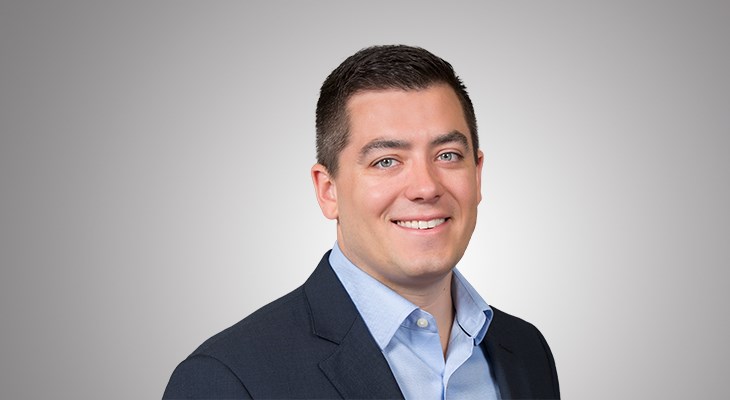As Mike Pizzella, Jr. was building StayLock, a self-storage business he formerly led as CEO, the real assets enabled the company to get a lot of debt to raise to continue its growth.
"We were roll up," Pizzella said at the St. Louis Smart Business Conference. "We acquired 80 properties over the span of five years. So, we were growing fast and needed a partner that could grow with us."
When looking for that partner and looking to raise debt, he says it wasn't necessarily about maximizing leverage or getting the lowest rate. Instead, they needed somebody that could grow with them.
"As we grew, we didn't want to be burdened by onerous covenants or a bunch of different tranches," Pizzella says. "We just wanted to have one person to go to that could grow with us as we continue to acquire properties."
StayLock's first couple deals closed with cash, Pizzella says, because they wanted to get it done fast. While there's a lot of institutional background in cash flow lending at Cequel III, which was a part owner of StayLock and for which Pizzella is vice president, in real estate they didn't have the connections, so they used broker to raise the mortgages the first time around.
"I thought it was very helpful to understand what was different in that market versus what we'd seen in cash-flow lending helping us along the lines of when to push and when not to push, what terms were market at the time, and really helping us find the best lender that could get us what we needed with our growth aspirations," he says.
Having sold StayLock to SROA Capital Fund VIII in August 2021, Pizzella says as Cequel III seeks to acquire additional portfolio companies and expect to take on debt as they do.
"That's been part of what we've done in the past and we'll continue to do that in the future," he says. "It's a pretty hot market right now, so we should hope to be able to do that. And what you're able to do is really a reflection of just the quality of your business and the quality of the market. The risk is really driven by, what is the overall macro risk in the economy at one point? What is it specific to the industry you're in? And then what is it specific to your company or your relationship with your lender? We saw that a little bit up front when we started StayLock because we were doing self storage in rural and tertiary markets, which isn't as sexy as a big office building in a class A market. So, there's certain lenders that just wouldn't even touch that. As we grew and as storage became more of a Main-Street asset, if you will, and also even tertiary markets became more popular, we saw the terms get better and definitely more interest in that. And I think that's relevant across the board and other industries as well, it's just a function of what is going on in the market and how much money do these banks need to put out, and they'll put it where they can."
Pizzella says there are so many flavors of debt companies can go raise, ranging, in the case of StayLock, a traditional mortgage, commercial mortgage-backed securities, a debt fund if the need was for a development project or something similar. But regardless of the specific need, he says one thing to focus on is maintaining flexibility and knowing what you're trying to do.
"As a roll up trying to time the market with private equity backing, we didn't know when we were going to exit our business," he says. "So, we didn't necessarily go for a CMBS loan that could have the highest loan-to-value with the lowest rate possible because we'd be tied up with a bunch of prepay covenants, which would create a lot of friction at closing. We opted for something that was more flexible within our structure where we could add to it. And then when we went to exit, it was very clean and very easy to accomplish without trying to pawn our debt off on the buyer or having to pay a big penalty at the end. So, for us, our goal was flexibility as far as timing and the capacity for growth and finding that partner I think absolutely made it a great deal for us without having to go find the absolute best interest rate and the absolute highest leverage."




